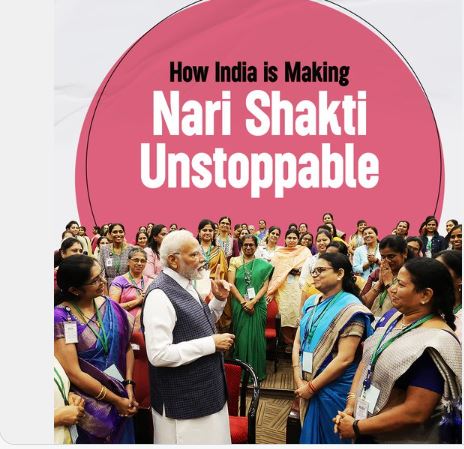Gen. Bajwa opens half-a-window on Kashmir
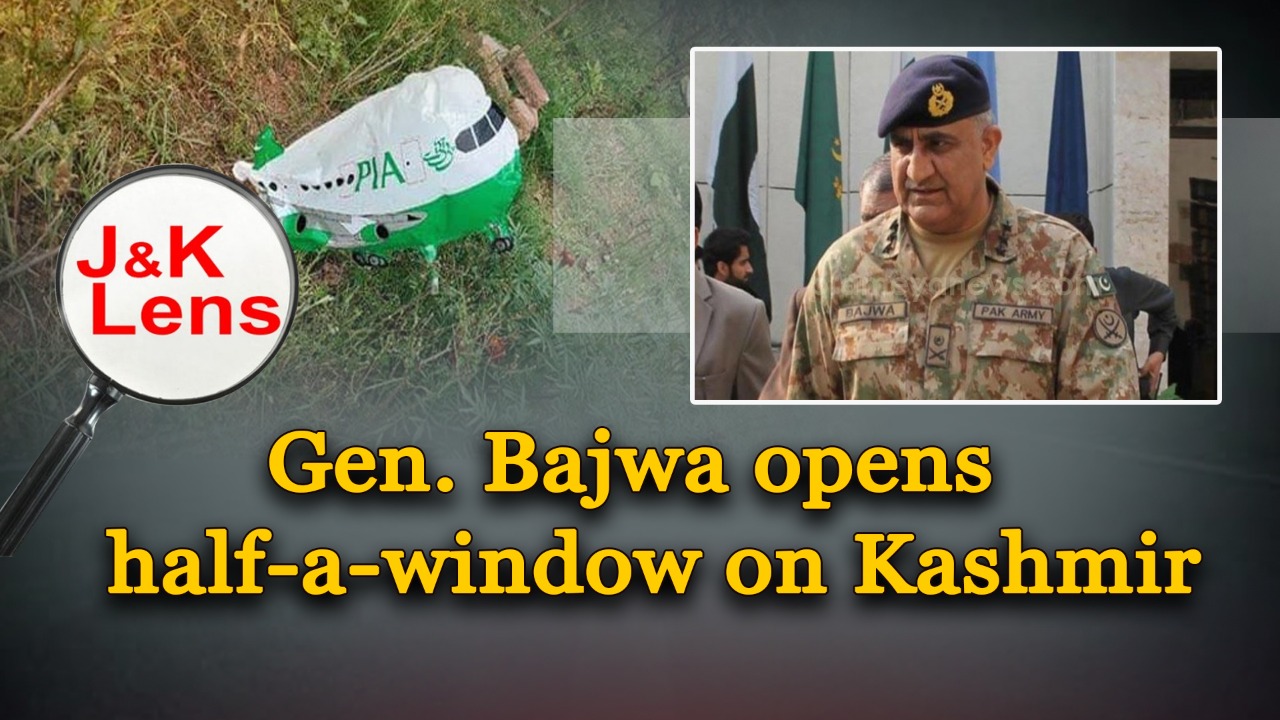
By Arun Joshi Pakistan army chief Gen. Qamar Javed Bajwa has spoken of peace with India , recognizing the quintessential importance of it , when he said “ it’ is time to bury the past and move forward.” This is not a major shift , as it reflects that there is a willingness to change and the brand Kashmir that it had been flashing is now becoming a national liability for it . The crux lies in “move forward,” phrase. That says more than the rest of the things that Gen. Bajwa said in his speech at Islamabad Security Dialogue on Thursday. The real importance of these words of Gen. Bajwa can be understood only when the whole context in which he was speaking at Islamabad Security Dialogue on Thursday is taken into account. He had said “stable Indo-Pak relations is a key to unlock the untapped potential of South and Central Asia by ensuring connectivity between East and West Asia.” He analysed the hurdles, when he remarked: “this potential however, has forever remained hostage to disputes and issues between two nuclear neighbours .” As was natural for him, the Pakistan army chief identified Kashmir “dispute” as the major problem in achieving the goals of connectivity and economic potential. “The Kashmir dispute is obviously at the head of this problem. It is important to understand that without the resolution of Kashmir dispute through peaceful means, process of sub-continental rapprochement will always remain susceptible to derailment due to politically motivated bellicosity.” Many believe that here lies the crux, but it is somewhere else. This is just the backdrop that he has painted with gloom hanging over the vast potential that smooth India-Pak relations can generate and benefit the people of the two countries and the region beyond their borders. He has also attempted to change the grammar of the whole narrative when he added: “However, we feel that it is time to bury the past and move forward.” This is what really defines his doctrine on Kashmir, but that is just half-a-window opening. This tells two things; Gen. Bajwa has an eye on the situation that exists between the two countries in which the hostilities determine the policies rather than the diplomatic and peace initiatives that the two should have taken. These hostilities had escalated to the alarming heights post Pulwama terror attack of February 14, 2019, and retaliation by India by conducting surgical strikes at Balakot, deep inside Pakistan. In this scenario, it is the Pakistan army that has to bear the brunt as it is seen as the real force that calls shots in the country. Gen. Bajwa has outlined two things. One, he is saying that “Kashmir is at head of the issues and disputes”, and on the other, he is envisioning the burial of the past and taking steps to move forward. The “ move forward”, is also a hint that Kashmir issue should be dealt with innovative ideas across the table , but what he left unsaid is that the Pakistani establishment , too, would have to come terms with innovative ideas by giving burial to the terror-training camps on its soil and stop beaming across the airwaves inflaming passions against India in Kashmir. This move forward, Gen. Bajwa knows, has to start from Pakistan, and Pakistan only and it was for domestic audience that he put the onus on India. That is national compulsion of Pakistan. Secondly, Pakistan seeks to justify all its actions on Kashmir since 1947 tribal invasion of Jammu and Kashmir, the way it initiated wars and then the guerilla operations in 1965 and the war thereafter, and proxy war since late 1980s. Kashmiris have understood that they have suffered the most because of Pakistan. Indian response in Kashmir against terrorists and their sympathisers came only after Kashmir was instigated to rebel with guns and grenades. More than 50,000 people have died in Jammu and Kashmir and the violent campaign is continuing. If it doesn’t utter “K” world, it will have to tough questions to face within its own country. In. fact those have already started staring at the establishment. Political groups and intellectuals have questioned the government and the army over the way whole thing is being handled vis-à-vis Kashmir. Gen. Bajwa is dropping hints of moving away from the traditional approach , something like what Gen. Pervez Musharraf had done by proposing four-point formula – borderless borders along the Line of control, demilitarization on both sides of J&K, self-governance in five regions and overarching joint Indian-Pakistani control over the entire state of Jammu and Kashmir . Much water has flown the rivers since then, now Gen. Bajwa wants India to make “conducive atmosphere in Kashmir” for initiating the peace process. Pakistan government that had held “solidarity marches” and rallies to pressurize India to withdraw its August 5, 2019, decisions – scrapping off Article 370 and Article 35 A and division of the state- has muted itself. This mute mode has shown that Pakistan has realised futility of pursuing the policies that hurt it the most. He wants to save his country from the catastrophic consequences bound to follow the hostility with India. About the Author: {"align":"right","id":78114} Arun Joshi is a senior journalist based in J&K. He has worked with Hindustan Times, Times of India, Indian Express and The Tribune. He has authored “ Eyewitness Kashmir: Teetering on Nuclear War” and three other books. wp:paragraph {"align":"right"} wp:paragraph {"align":"left"}
Latest News

Pharma factory blast in Telangana: Odisha send...
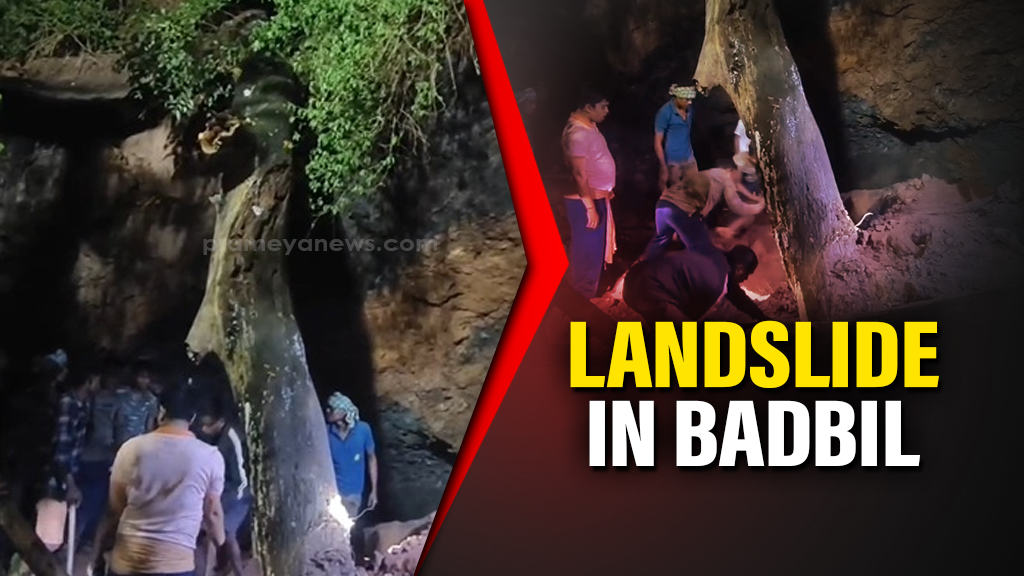
Three killed as illegal Manganese mine collaps...

Priyanka Chopra learns Odisha’s Mayurbhanj Chh...

Rath Yatra 2025: Lakshmi-Narayana Besha during...
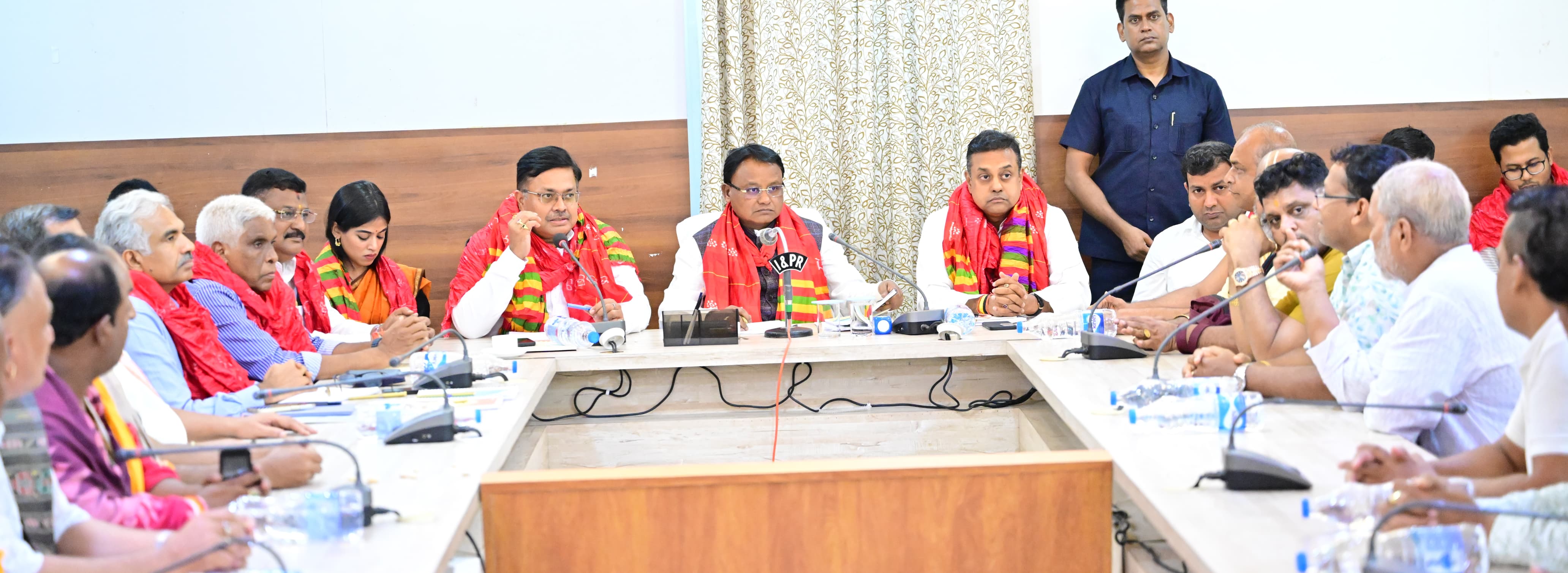
Rath Yatra 2025: Odisha CM holds key discussio...
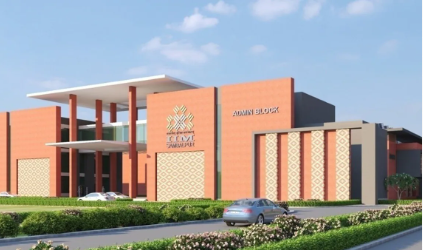
IIM Sambalpur welcomes 363 students for MBA ba...
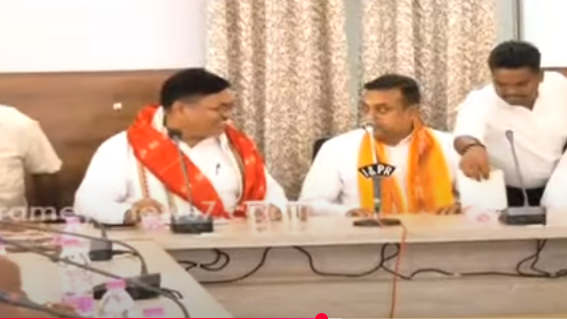
After Chaos, A Push for Reform at Puri's Jagan...
Copyright © 2024 - Summa Real Media Private Limited. All Rights Reserved.














